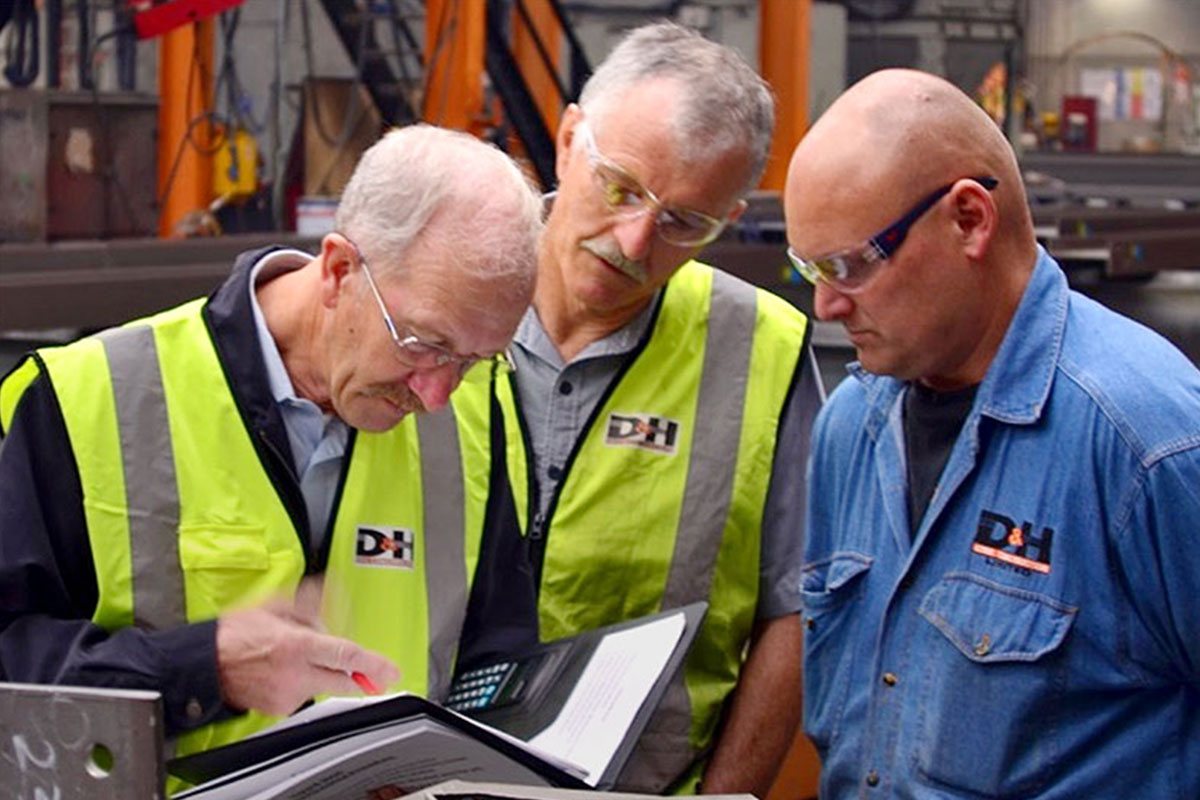As part of our commitment to deliver value to our membership our lead team has come together to develop a seminar addressing a call for more clarity around the ‘cost of quality’.
Whether a SME or a large company – it’s become clear that the adoption of quality management systems into our members operations are key if we’re to remain competitive in an increasingly challenging market.
Join us for this informative seminar as we delve deeper into this concept. And, explore the idea of quality through the lens of various perspectives – whether welding fabrication, design in structural systems or gaining access to international markets to drive industry development – all delivered by experts in their field.
Why has quality assurance become so important?
Globalisation of the structural steel market coupled with changes in Australasia’s steel-making capability over the past two decades has led New Zealand to source structural steel long and plate products from a wider range of countries.
While this has allowed constructors to price competitively and meet supply demands for their projects at hand – it has also driven the need for more appropriate product conformance requirements to ensure imported materials are compliant.
Recent media around steel dumping, substandard steel use and fair and free trade have certainly spurred this conversation. Particularly given the negative impacts it can have to the safety critical nature of structural steel components.
At HERA, we strongly believe that our members need to be aligned to international best practice, which dictates requirements for the steel fabricators quality control systems.
It’s an approach that has since been adopted into many of our member company’s operations – such as those who’ve aligned to SFC. A scheme that ensures New Zealand steel fabricators have the capability to manufacture product to the requirements of AS/NZS 5131 Structural Steelwork – Fabrication and Erection.
From the perspective of HERA Certification, we think this is critical for two reasons.
Firstly, for those in the steel industry who take steps to become certified and align their businesses to appropriate quality management systems – they’re able to have a key point of difference in the procurement process. This is because they’re able to independently verify their capability and strongly demonstrate their commitment to quality.
It is also thought that efforts to align practices with quality management has the potential to improve a company’s bottom line through effective process control which in turn leads to increased productivity and mitigation of costly re-work.
Secondly, procurers of locally fabricated structural steel will have peace of mind in the knowledge that fabricators are certified to appropriate quality management systems and required standards. Helping them to evaluate tender bids more effectively by leveling the playing field as well as reducing compliance risk.
Barriers – the cost of quality
There are many hurdles that stop companies from adopting robust quality management processes into their operations. That’s why HERA is holding this seminar for our industry.
It’ll provide comprehensive insight into normative requirements of the existing standards framework. In particular we’ll be taking a closer look at NZ 3404.1, AS/NZS 5100.6 and AS/NZS 5131, third party certification and specific quality management systems.
It’s important to understand that material compliance issues also have flow on effects to other aspects of a project such as design and fabrication. So our aim is to clearly demonstrate a greater understanding of not only the standards framework, but also the cost of NOT adopting robust quality assurance approaches in the long term.
We certainly get that the day to day operations consume the focus of many our members and the idea of dedicating time and money to implementing quality systems into operations seems unachievable.
That’s why we’ve also taken steps to approach several of our members in the hopes they’ll share their experiences in their own quality journey. If successful, this will give you an ability to hear first-hand both the challenges and benefits of a ‘quality’ approach.
Update shared by our Manager Marketing and Communications Kim Nugent
